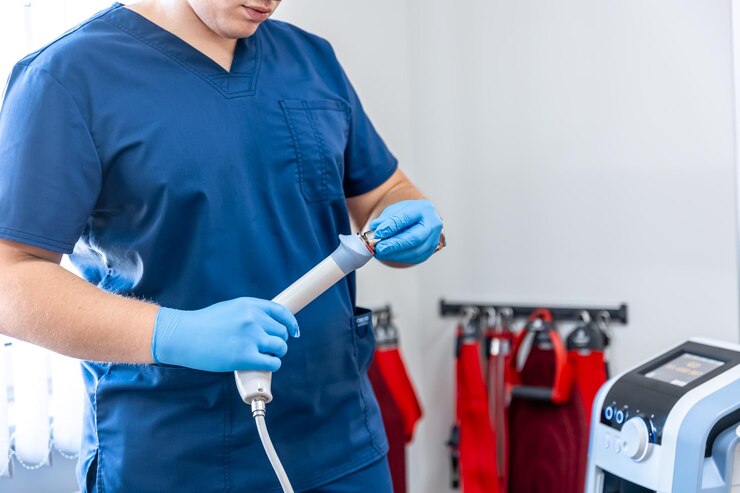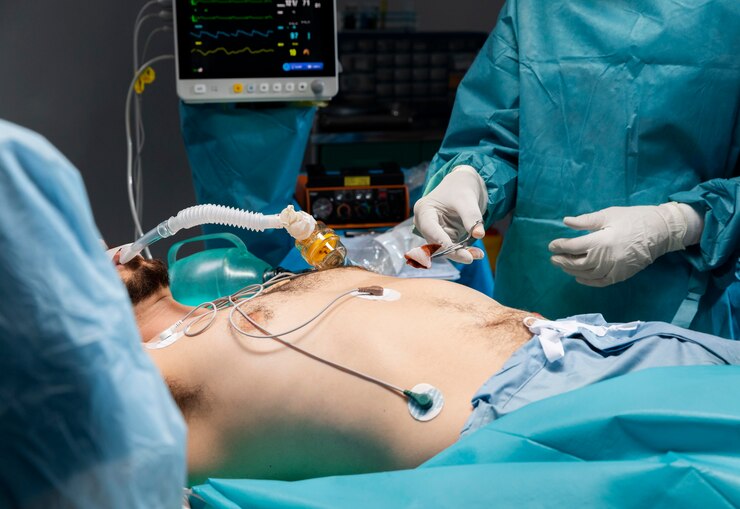


The Gastroenterology Departments feature state-of-the-art endoscopy units designed with patient comfort and optimal working conditions for healthcare professionals at the forefront. The departments provide a range of diagnostic and therapeutic procedures, including emergency hemostasis for gastrointestinal bleedings, sclerotherapy, variceal hemorrhage treatments, gastroscopy, colonoscopy, chronic pancreatitis treatment via ERCP, management of bile duct stones and strictures, polypectomy, and treatments for ulcers, reflux, Crohn's disease, ulcerative colitis, and more.

Endoscopy involves directly visualizing the interior of the stomach and other related organs using an optical instrument. This examination is crucial for diagnosing various gastrointestinal conditions effectively.
Colonoscopy
Colonoscopy is a diagnostic procedure using a long, flexible camera to visualize the entire large intestine and adjacent parts of the small intestine, initiated through the rectum. This procedure is vital for detecting and preventing colon cancer, as it allows for the early identification and removal of polyps and other precancerous growths. Regular screenings are recommended for individuals over the age of 50, and sooner for those with a family history of colon cancer.

Endoscopic Retrograde Cholangiopancreatography (ERCP) is a specialized endoscopic technique used to diagnose and treat blockages in the bile and pancreatic ducts. Performed by a skilled team, ERCP integrates diagnosis and treatment in one procedure, addressing symptoms such as jaundice, abdominal pain, and fever related to these blockages.
What is MRCP?
Magnetic Resonance Cholangiopancreatography (MRCP) is a non-invasive diagnostic imaging procedure that uses MRI technology to visualize the bile ducts, gall bladder, and pancreas. Unlike ERCP, MRCP does not involve intervention and hence carries no risks associated with anesthesia or procedural complications. It is primarily used for diagnostic purposes when disorders are identified by ultrasonography or tomography.
